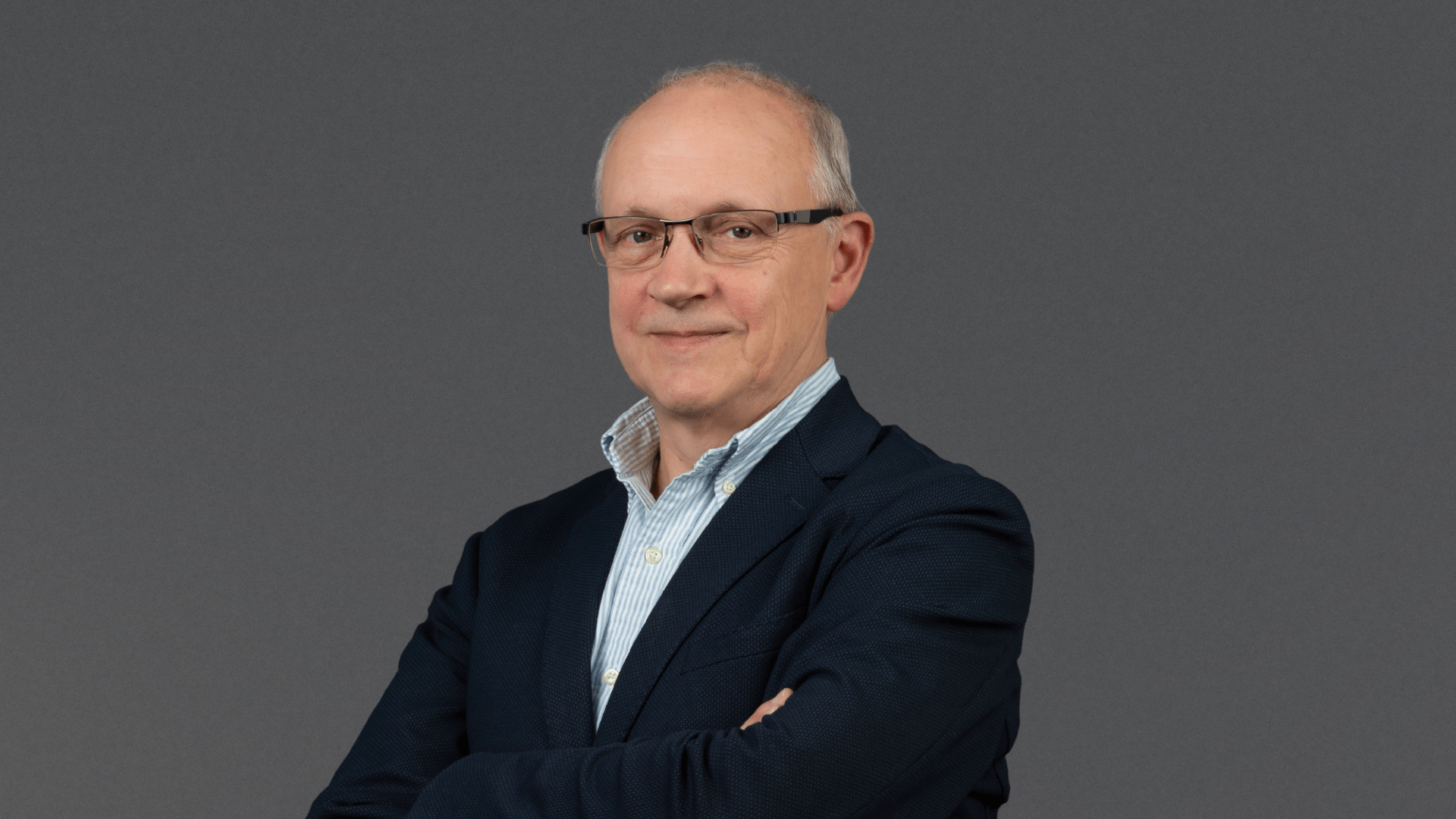Created just five years ago, the Middle Office solution developed by Apidata is now proving the full relevance of its technological choices. By prioritising sovereignty, robustness, and sobriety from the outset, this young and innovative company secures data exchanges between insurers and all their management partners. Christophe Burlot, CEO and co-founder of Apidata, explains why these choices are particularly well-suited to the current context.
L’Argus de l’Assurance: The economic, political, geopolitical, and technological environment seems more unstable than ever. How can one plan for the future in such an unpredictable world?
Christophe Burlot: Information systems and data lie at the heart of insurers’ strategies. These are significant and long-term investments with technical, regulatory, commercial, and even environmental implications. Making the right choices is, therefore, more crucial than ever. From this perspective, I am pleased to see that, in five years, we have made the right decisions in developing a sovereign Middle Office solution that is both efficient in its eco-consumption and robust.
Why is sovereignty so important?
I don’t understand how French companies or public administrations still accept entrusting their data to the GAFAMs. Not because they are American—sovereignty has nothing to do with nationalism. But it seems risky to me to entrust one of your most valuable assets—your data—to players who could potentially compete with you in part or all of your value chain. Outsourcing IT activities to such actors also exposes companies to the risk of losing control over their infrastructure, their data, and ultimately their expertise.
Is it really more reasonable to entrust them to a young French company?
At Apidata, we have developed a sovereign and fully controlled solution: we own our technologies, and our clients can access their data whenever and however they want. The model of creating and maintaining gigantic data lakes is outdated. It is far better to urbanise data, meaning making it accessible as a service, with predefined access and circulation rules tailored to the needs of different business functions. This is the choice we have made, and experience shows that it is both a robust and lightweight solution, with very short cycles: in just six months, we implemented a Middle Office platform for a major health insurer, enabling it to centralise and control, line by line, the data flows of all its management partners.
Are these processes compliant with the recommendations of the ACPR (French Prudential Supervision and Resolution Authority)?
In its latest annual report, the ACPR acknowledged the efforts made by insurers in governing their own data. However, it warned them about the remaining work needed to control external data. With our ecosystemic approach, we can process and secure data from highly heterogeneous sources. This seems essential to me, especially as stringent regulations such as the European DORA (Digital Operational Resilience Act) and the Financial Data Access framework (FIDA) are on the horizon.
You emphasise the notion of sobriety. What does this mean in the data universe?
Debates are beginning to emerge about the environmental impact of digital technology and, even more so, of generative artificial intelligence, which is extremely energy-intensive. Initially, we deliberately chose not to engage with AI—to resist the trend and because we wanted to focus on data urbanisation. We continue to be cautious: at present, we use AI internally, which allows us to explore the concept of the “augmented employee”, but not in our services, as we cannot expose our clients’ data to any risk. We want to guarantee them that their data remains within a secure, transparent, and auditable perimeter. Moreover, the notion of sobriety implies a form of technological simplicity that we find very appealing: simplicity is a factor of both robustness and agility.

